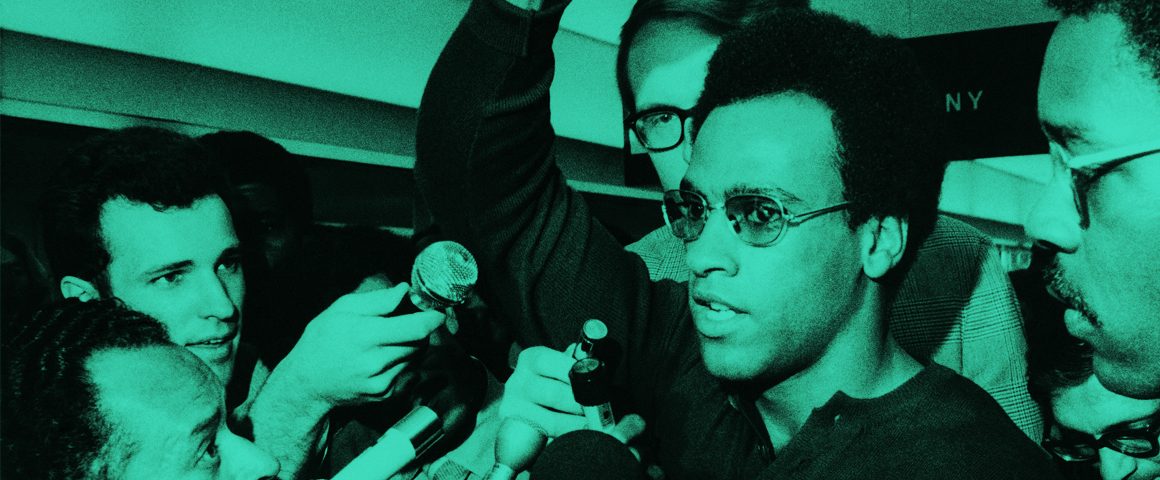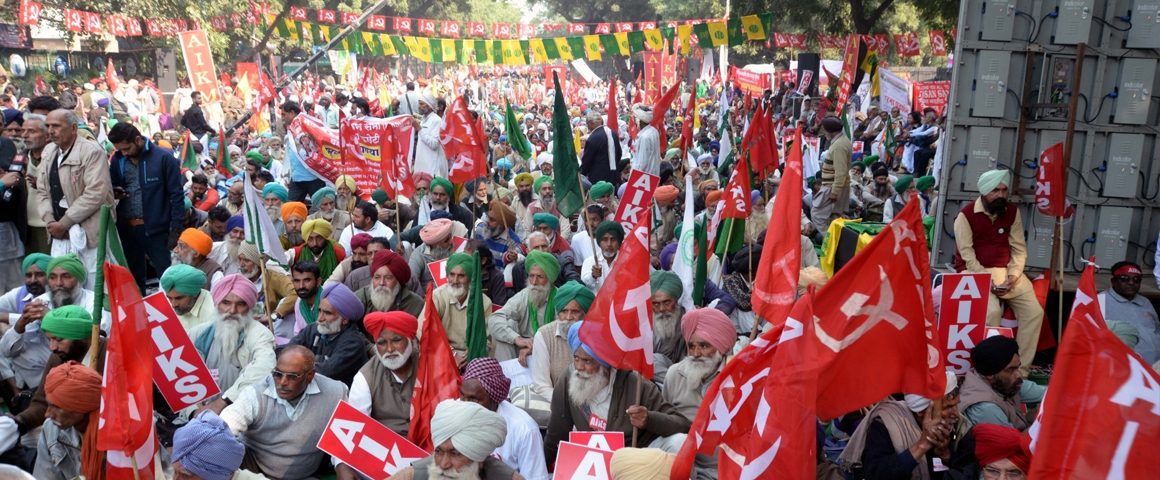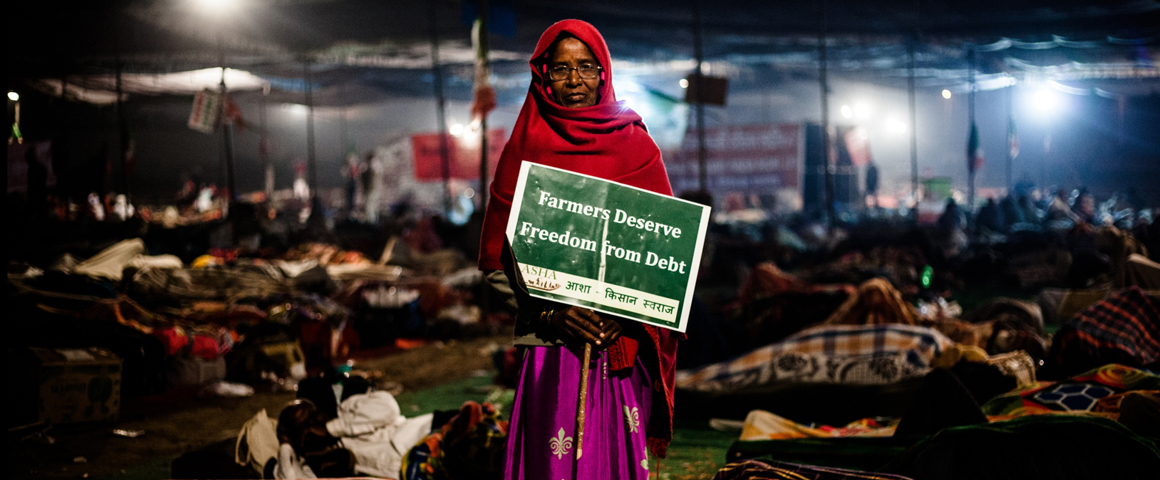The Kisan Mukti March in India is a powerful example of Huey P. Newton’s idea of revolutionary suicide. On November 29-30, tens of thousands of farmers and rural people from across India marched on New Delhi flying communist flags and chanting revolutionary slogans. It was this year’s fourth major demonstration of farmers in the Indian capital that have protested against the unbearable poverty in the country’s rural areas.
Crushing debt and deteriorating economic and social conditions in recent decades have driven many Indian farmers to take their own lives. Almost 300,000 farmers have committed suicide since 1995. Speaking to Newslick, an elderly man from Nalanda who participated in the march said that “I have seen way too many people succumb to pressure and commit suicide, but now is the time to take on the government and make our voices heard.”

Huey Newton defined reactionary suicide as “the reaction of a man who takes his own life in response to social conditions that overwhelm him and condemn him to helplessness.”
Revolutionary suicide, on the other hand, accepts the likelihood of death, but struggles wholeheartedly against capitalism and imperialism: “It is better to oppose the forces that would drive me to self-murder than to endure them. Although I risk the likelihood of death, there is at least the possibility, if not the probability, of changing intolerable conditions. But before we die, how shall we live? I say with hope and dignity; and if premature death is the result, that death has a meaning reactionary suicide can never have. It is the price of self-respect.”
Often hailed by liberal propagandists as “the world’s largest democracy”, the Indian state is really the world’s largest dictatorship of the bourgeoisie. Two-thirds of its people live on less than $2 a day, while its top 1% holds 73% of its wealth. The caste system, which was intensified by British colonialism to keep the Indian people divided, retains a strong hold on society.
Since the collapse of the Soviet Union, the Indian state has increasingly abandoned social democratic policies and moved towards further integration into the U.S.-led imperialist system. Two and a half decades of neoliberal economic policies has led to an extremely dire situation for rural Indians, who comprise the majority of the population.

This reactionary trend will not last. With the Kisan Mukti March, the workers and farmers of India have struck fear into the heart of Prime Minister Modi and his far-right government. They are carrying on the legacy of Shaheed Bhagat Singh, whose bravery and strength exemplified revolutionary suicide.




